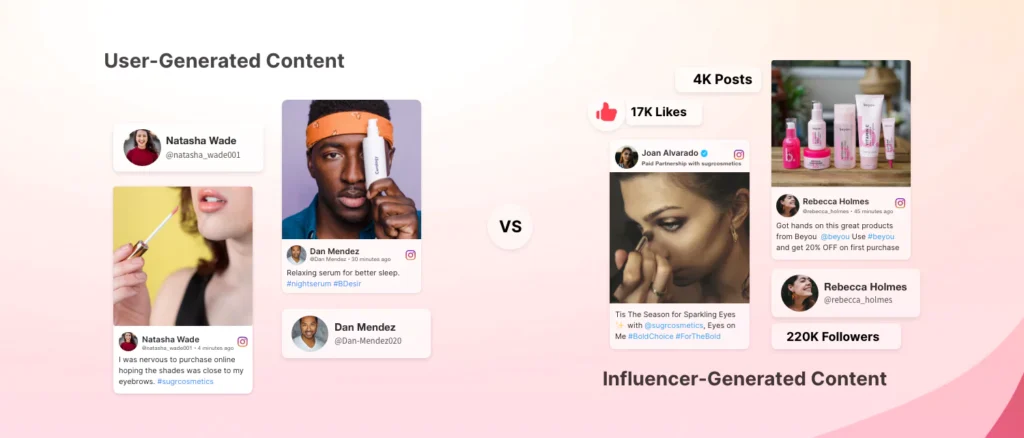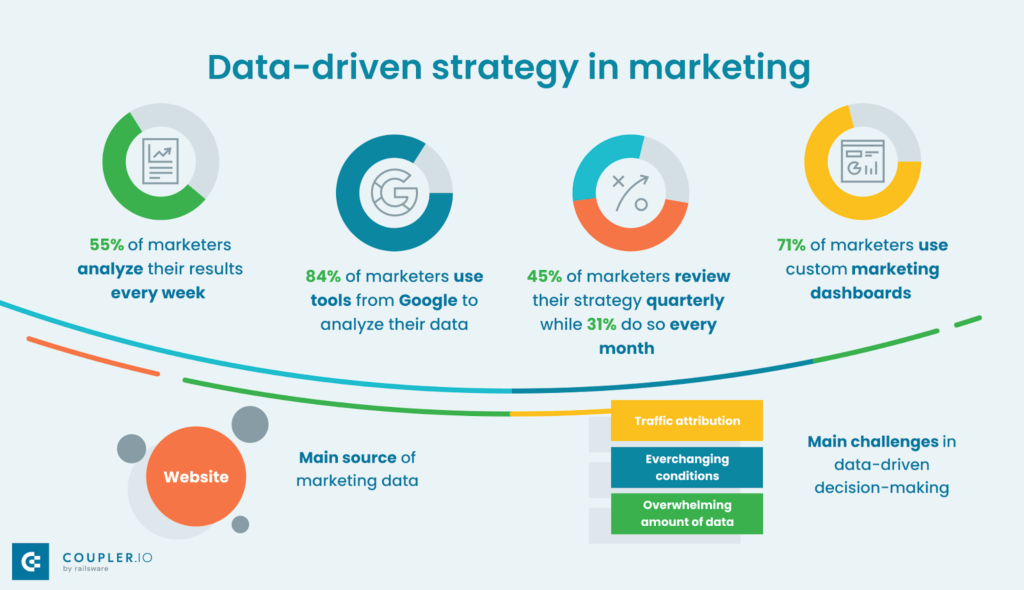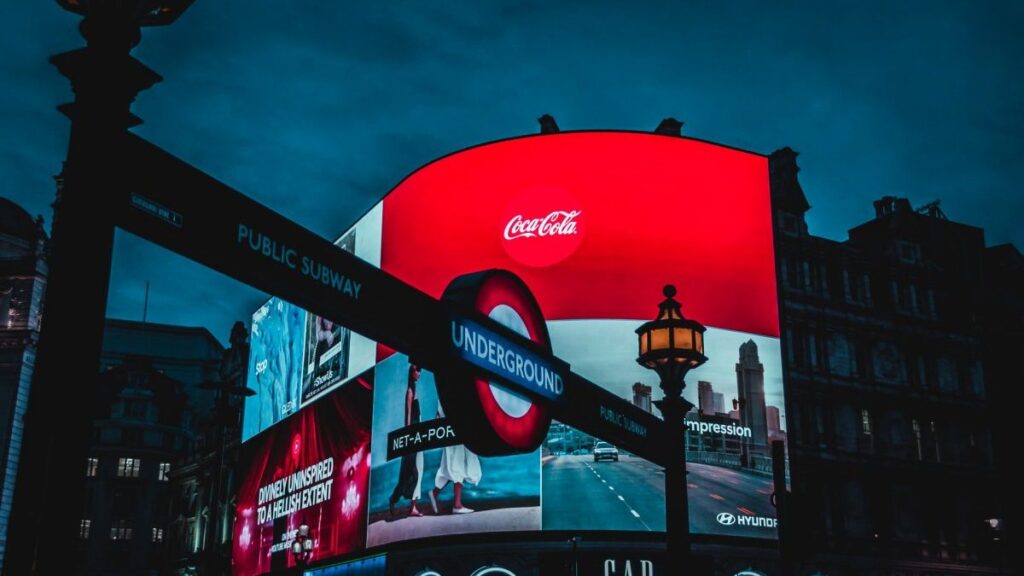Brand building has undergone a transformative journey with the advent of social media, reshaping how companies engage with consumers and establish their identities. This development corresponds to bigger changes in consumer behaviour, advances in technology, and the marketing landscape.

In the early 2000s, businesses began creating official profiles on social media to connect with consumers directly. This marked the beginning of social media marketing, where brands not only shared information but also engaged in conversations with their followers. For instance, Coca-Cola’s “Share a Coke” campaign exemplified how brands could leverage social media to foster personal connections by encouraging users to share customized experiences online.

Influencer marketing further revolutionized brand engagement. Brands began partnering with influencers who had established credibility and large followings on platforms like Instagram and TikTok. These influencers act as brand ambassadors, promoting products in a relatable manner that resonates with their audiences. This shift has led to an increase in brand loyalty as consumers feel more connected to brands that engage authentically through influencers.

The integration of eCommerce with social media has given rise to social commerce, where consumers can discover and purchase products directly through social platforms. For example, TikTok’s “Shop Now” function enables users to complete purchases without leaving the app, expediting the buying experience. This seamless integration not only enhances convenience but also encourages impulse buying, making it a lucrative avenue for brands.

Another significant change brought about by social media is the ability to collect and analyse consumer data effectively. Marketers today have access to extensive information on consumer behaviour, tastes, and demographics. This data allows firms to adjust their marketing campaigns with greater accuracy than ever before. For instance, using analytics tools from platforms like Facebook allows brands to determine optimal posting times and content types based on user engagement patterns.

Social media has also facilitated the creation of brand communities. These online groups enable brands to foster deeper relationships with their customers by encouraging discussions around shared interests or values related to the brand. Engaging with these communities helps brands cultivate loyalty and advocacy among their customers. Companies can leverage these communities for feedback and insights, further enhancing their products and services.

As we move forward, the landscape of brand building will continue to evolve alongside emerging technologies and consumer trends. The rise of new platforms like BeReal indicates that marketers must remain adaptable and open to experimenting with different channels. Additionally, the growing importance of authenticity suggests that brands will need to focus on genuine interactions rather than solely transactional relationships.
In conclusion, the evolution of brand building in the social media era highlights a shift toward more interactive, authentic, and data-driven marketing strategies. As brands navigate this dynamic landscape, those that prioritize engagement and community-building will likely thrive in an increasingly competitive marketplace.









